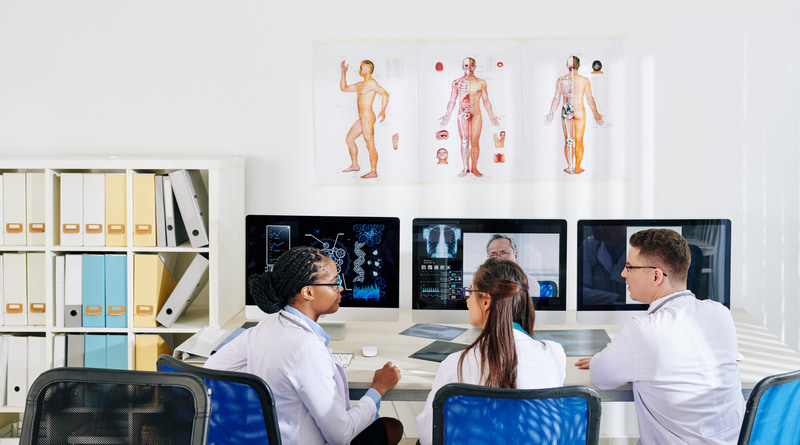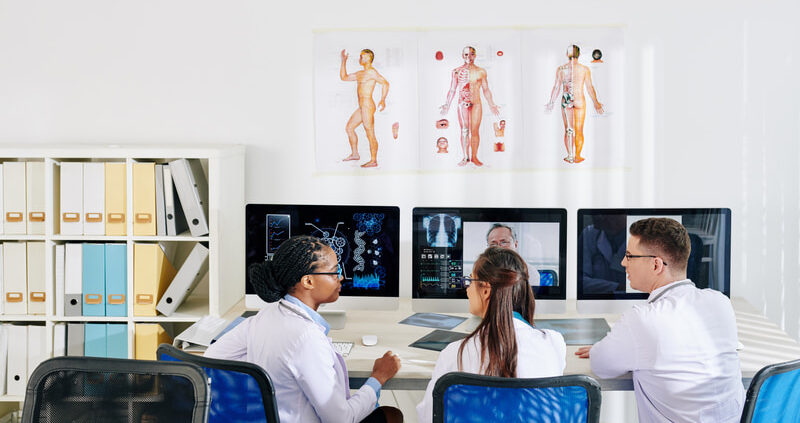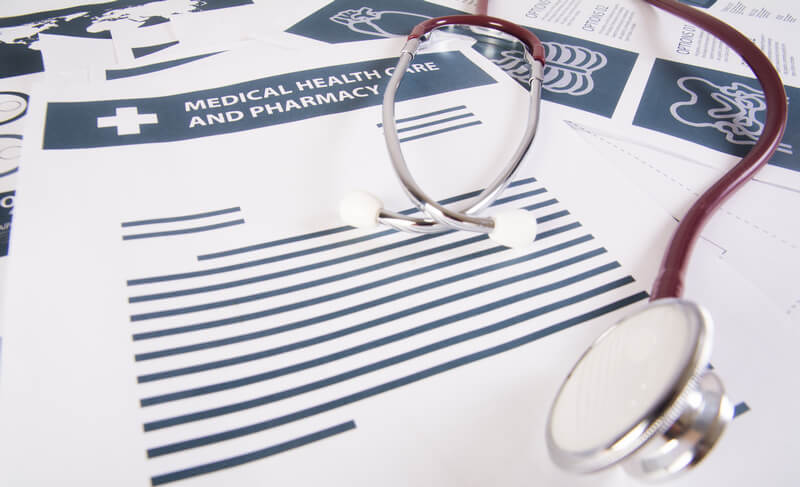The Influence of Medical Technology on Reducing Patient Misdiagnosis Rates

One of the biggest challenges for medical professionals over the decades has been properly diagnosing patients. This feat becomes even more difficult when medical institutions are understaffed and each doctor and nurse must treat scores of patients on a daily basis.
While society is still searching for solutions to solve the crisis of understaffed medical facilities, there are some key solutions that help healthcare professionals efficiently and effectively diagnose patients. In particular, technology is playing a crucial role in helping patient diagnosis increase in accuracy across the country.
Given the immense impact of technology on diagnostic processes in modern healthcare, those interested in the field can bolster their understanding of it by gaining perspective on tech’s current role in healthcare.
Here’s the influence of medical technology on reducing patient misdiagnosis rates.
Why Misdiagnosis Happens
One key reason that medical professionals need so much schooling is because the human body is incredibly complex and the ailments it can experience are no less so. This being the case, doctors must spend years developing a thorough understanding of different ailments and how they manifest themselves in patients’ bodies.
Sadly, however, this feat is often easier said than done. For one, many different ailments — ranging from mild to severe — can manifest in the body with similar symptoms. As such, doctors, nurses, and other medical professionals often have a difficult time pinpointing which ailments are causing specific symptoms.
Beyond different ailments giving patients similar symptoms, some incredibly severe diseases and illnesses manifest themselves in patients with mild or even seemingly non-existent symptoms. As a result, even the best medical professionals are at risk of overlooking key symptoms and misdiagnosing patients.
To make matters even more convoluted, each patient has their own unique biology that changes the way their body may react to various illnesses. What these examples highlight is the immensely difficult nature of diagnosing patients for medical professionals. Fortunately, however, technology is now presenting itself as an effective solution for this age-old medical challenge.
The Modern Role of AI, Machine Learning, and Data Science in Patient Diagnosis
Though only mere decades ago it would have seemed like a plot element from a science fiction novel, today, artificial intelligence is helping healthcare professionals perform their roles more effectively.
In particular, machine learning — which is a type of artificial intelligence — has been at the forefront of cutting-edge medical technology in modern times. Put simply, this form of AI technology is able to learn over time as a result of being exposed to new data. In the realm of healthcare, this means it becomes better at diagnosing patients as a result of being exposed to more patient data.
As such, exploring how doctors and nurses utilize this tech is key to understanding how healthcare is evolving in the modern age.
Essentially, each patient has unique factors that put them at risk of developing various ailments. These factors include their specific biological makeup, such as their heritage, and the habits they engage in that can have an impact on their health.
Whereas doctors used to have to diagnose scores of patients using a mixture of experience, knowledge, and instinct, this is now beginning to change thanks to AI technology.
Instead of taking a guess, medical professionals can utilize machine learning software to engage in effective and efficient evidence-based practice when diagnosing patients. Ultimately, this results in not only quicker patient diagnoses but also more accurate patient diagnoses.
The process begins with a doctor recording all of the symptoms that a patient is experiencing into machine learning-powered software. In addition, the doctor will upload patients’ personal information, such as their age, medical conditions, and habits.
After this, the machine learning software will compare a specific patient’s symptoms and information to that of scores of other patients in its database. What this results in is a clear, efficient, and accurate diagnosis that takes an immense amount of data into account.
Beyond diagnosing symptoms, this technology is also being used to detect what types of illnesses patients are at a higher risk of developing. As a result, patients are able to receive better preventative care and significantly increase their chances of experiencing optimal health outcomes.
As can be seen, technology is emerging as a powerful tool in the medical space that allows doctors, nurses, and other medical professionals opportunities to perform their roles more effectively. Ultimately, this is resulting in many patients experiencing better health outcomes and living better lives than they would have without the help of medical technology.
Technology is Revolutionizing the Diagnostic Process
While doctors and other medical professionals play an incredibly important role in modern healthcare, their abilities as humans have limits. Fortunately, new technology is helping to expand these limits and increase their ability to diagnose patients accurately on a consistent basis. As time goes on and this technology becomes more refined, many are excited to see what new and innovative ways tech will benefit healthcare.









Your writing is a true testament to your expertise and dedication to your craft. I’m continually impressed by the depth of your knowledge and the clarity of your explanations. Keep up the phenomenal work!